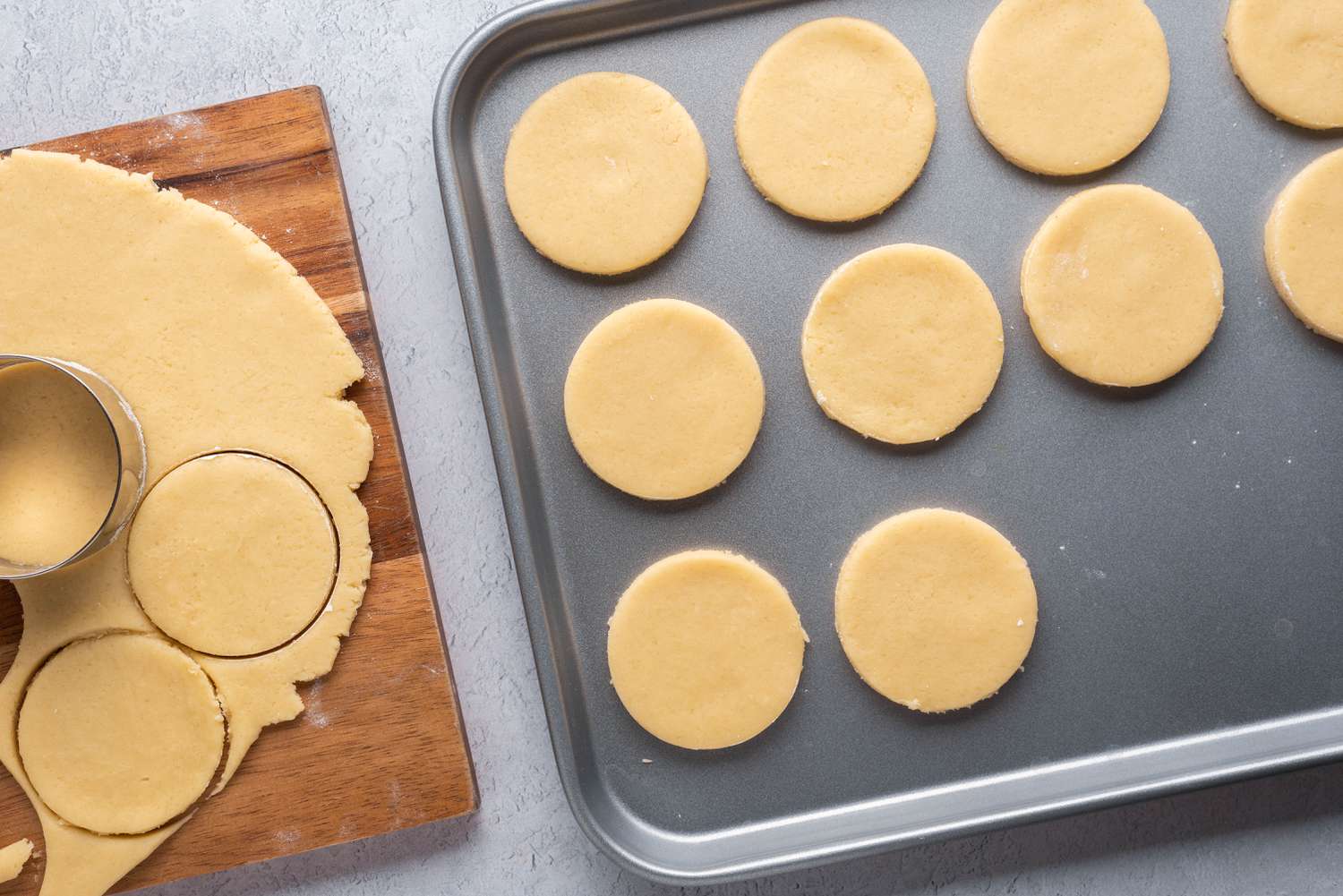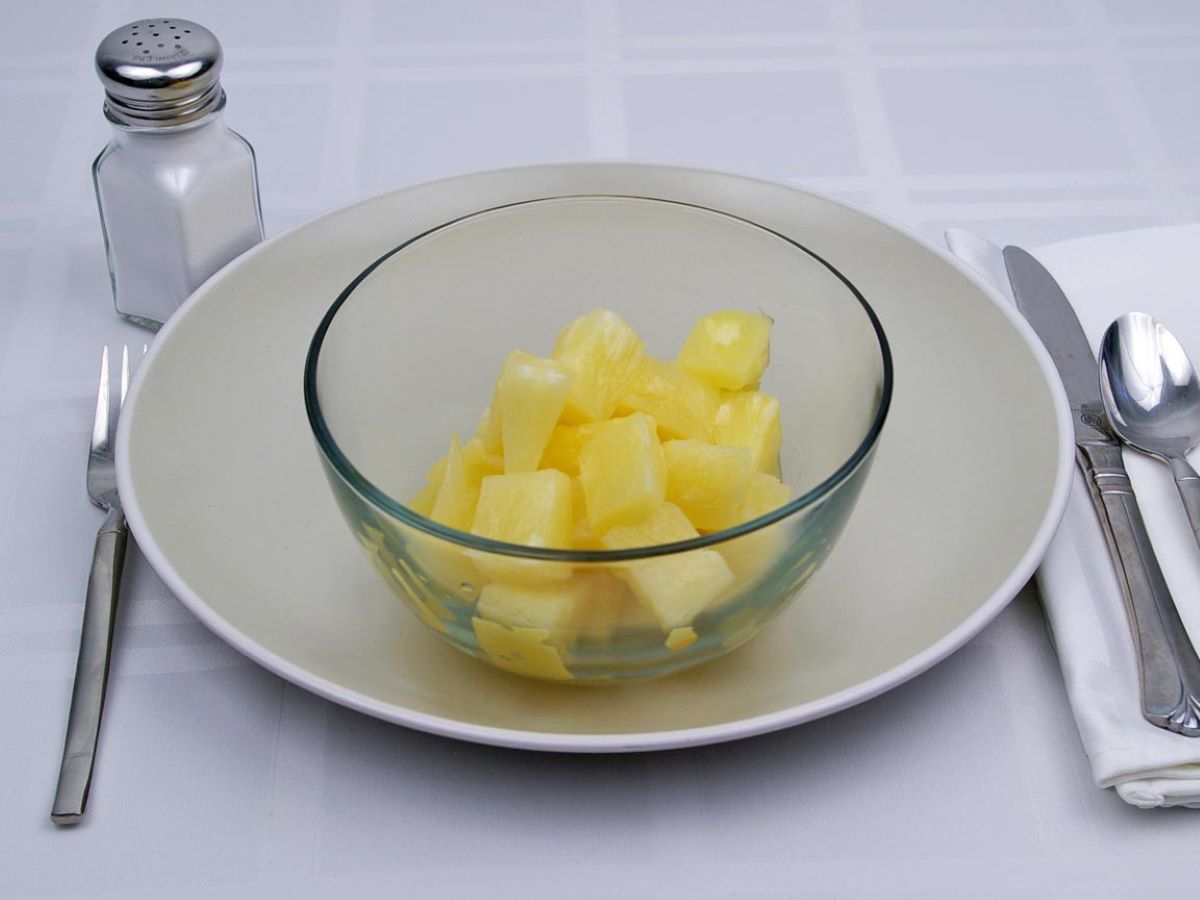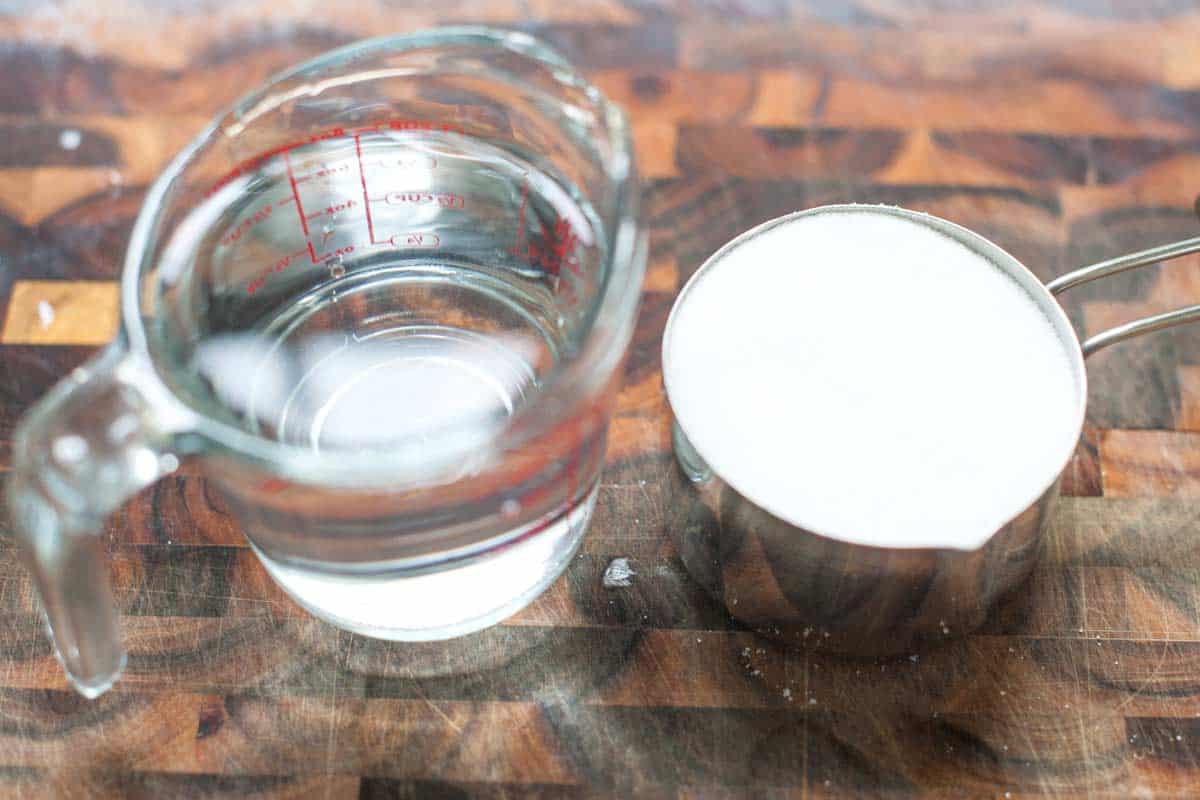Looking for a Substitute for Self-Rising Flour?
If you’re in the middle of baking and realize you’re out of self-rising flour, don’t worry! There are several alternatives you can use to achieve similar results. Whether you’re making biscuits, pancakes, or cakes, these substitutes can come in handy in a pinch.
1. All-Purpose Flour, Baking Powder, and Salt
If you have all-purpose flour in your pantry, you can easily create a substitute for self-rising flour. For every cup of all-purpose flour, simply add 1 1/2 teaspoons of baking powder and 1/4 teaspoon of salt. Mix the ingredients thoroughly to ensure even distribution, and you’ll have a suitable replacement for self-rising flour.
2. All-Purpose Flour and Baking Powder
If you’re looking for a simpler substitute, you can combine all-purpose flour with baking powder. For every cup of all-purpose flour, add 1 1/2 teaspoons of baking powder. This mixture will provide the leavening agents necessary for your recipe.
3. All-Purpose Flour and Baking Soda
Another option is to use a combination of all-purpose flour and baking soda. For every cup of all-purpose flour, add 1/2 teaspoon of baking soda. Keep in mind that you’ll also need an acidic ingredient, such as buttermilk or yogurt, to activate the baking soda and help your baked goods rise.
4. Self-Rising Flour and Cornstarch
If you have self-rising flour but need a substitute for a recipe that calls for regular flour, you can use a mixture of self-rising flour and cornstarch. For every cup of all-purpose flour, use 1 cup of self-rising flour minus 1 1/2 teaspoons, and then add 1 1/2 teaspoons of cornstarch. This will help mimic the lower protein content of all-purpose flour.
5. Store-Bought Self-Rising Flour Mix
If you don’t have the individual ingredients on hand to create a substitute, you can always purchase a pre-made self-rising flour mix from the store. This can be a convenient option for those who want to skip the measuring and mixing process.
With these simple substitutes, you can continue baking without having to make a trip to the store for self-rising flour. Whether you opt for a DIY mixture using all-purpose flour and leavening agents or choose to use a store-bought mix, you’ll be able to achieve similar results in your favorite recipes. Happy baking!
Was this page helpful?
Read Next: What Is A Raised Donut











